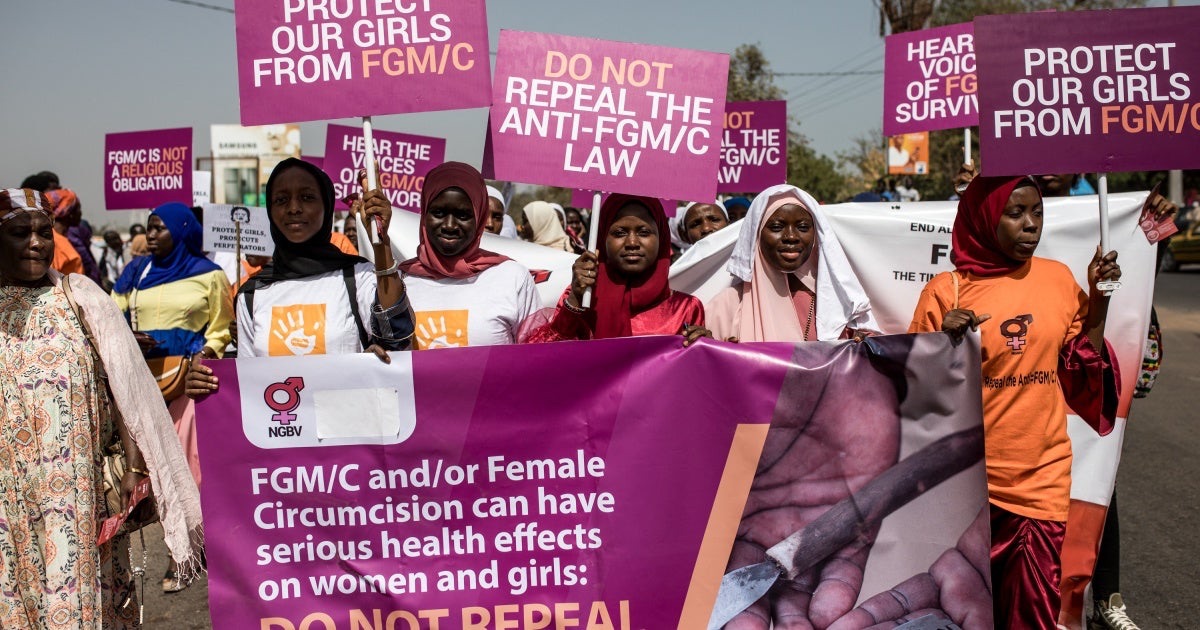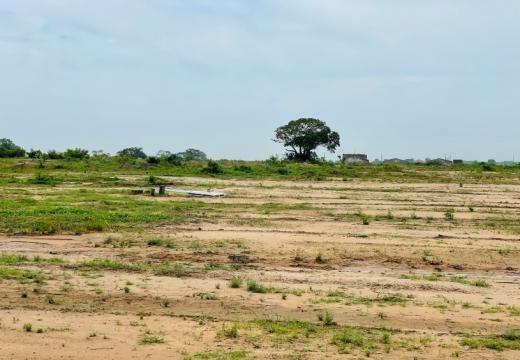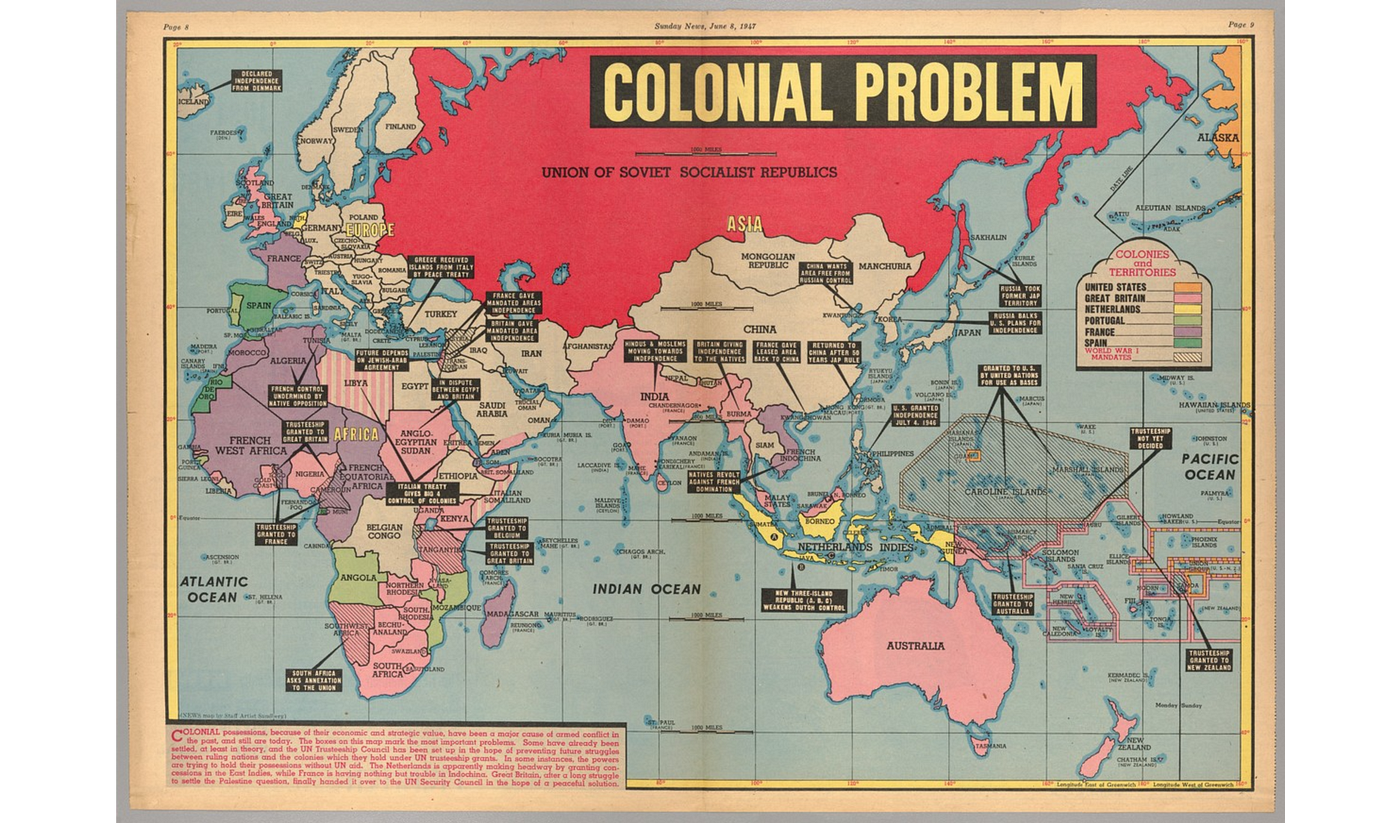M. Sajo Jallow
Women represent half of humanity; moreover, they have given birth to the whole of society, remarked Dr Nkosazana Dlamini-Zuma from South Africa. On the Gambian voters’ register, more than half, or about 57 percent, are women, according to the electoral authorities. Thus, improving women’s living, working, and empowerment conditions is of utmost concern. And what to do in that regard, first and foremost, involves women and girls as their liberators.
Politicians and religious clerics, like the rest of us, have a duty to protect and support the rights of women and girls concerning their reproductive health and overall well-being. These human rights, including protection from harmful cutting or mutilation of genital parts, are enshrined in both domestic and international laws. The Gambia’s Women Amendment Act (2015) now under threat of repeal, the Maputo Protocol to the African Charter on the Rights of Women in Africa (2003), the United Nations Convention on the Elimination of All Forms of Discrimination against Women (CEDAW, 1979), and the African Charter on Human and Peoples’ Rights (1987) entrusted to so-called Banjul Commission two years later, among other instruments, all oblige us to do the right thing in solidarity.
Just like the open letter signed off by concerned persons following the deadly havoc caused by the COVID-19 pandemic, it is important to join the signature list of support for women’s rights as human rights. That is, all solidarity avenues, including the letter of appeal against canceling the ban on female genital mutilation/cutting recently published in the media, and signed off by a long list of renowned persons, Dr. IsatouTouray and Prof. Abdoulie Saine among others.
We are nothing here on earth, if we are not slaves of a cause, the cause of the people, our elder Frantz Fanon has taught us. We stand by the rights of women and girls, as human rights worth defending.





